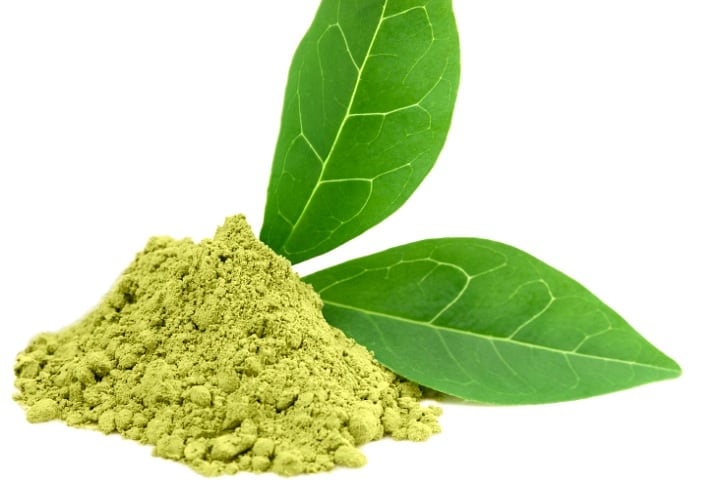The investigation comes at the request of the European Commission following safety concerns raised by the Norwegian, Swedish and Danish food safety authorities.
In March this year the Norwegian authority Mattilsynet warned against green tea extract supplements citing high levels of the active substance EGCG (epigallocatechin-3-gallate), which are far above that obtained from just drinking green tea.
The authority said it had received several reports of adverse events linked with the supplements, largely concerning liver damage.
While there is burgeoning evidence for the health benefits of green tea including anti-cancer effects and metabolic, cardiovascular and cognitive benefits, there have also been long-running concerns over possible toxicity at high concentrated levels.
EFSA’s review will focus on the safety of green tea catechins from all food sources including supplements and tea infusions.
The Commission asked EFSA to provide levels of green tea catechins that do not pose a health risk to the general population as well as groups like children and pregnant women.
In a response letter dated today (6 October) EFSA accepted the challenge, saying it would complete the assessment within the 12 months deadline it had been given.
Liver damage cases
Papers published in the Annals of Internal Medicine and the European Journal of Clinical Pharmacology linked dozens of cases of liver damage to green tea EGCG.
Discussing the issue with our sister publication NutraIngredients-US at the time Roy Upton, founder of the American Herbal Pharmacopoeia, said: “There are at least 20 cases of liver injury associated with green tea supplements that we know of.”
Welcome clarity
These safety issues have been suspected for some time now, with EFSA itself referencing the safety concerns in botanical safety guidance back in 2009.
Botanical expert and managing director of Italian firm Hylobates Consulting, Dr Luca Bucchini, welcomed the announcement.
"Clarity in this area is required, and it needs to come from an authoritative voice. EFSA has done very good work on botanicals on its own initiative, and it should have a pivotal role in this area. Of course the evidence is rather well known, so the question is how it will be read."
Yet he had concerns about the methodological cogs behind this upcoming opinion given the lack of a comprehensive approach to the safety of botanicals.

"There are well established approaches to the safety of contaminants or food additives, but they do not work for botanicals. That is not EFSA's fault, but, without such methodology, the assessments may not be consistent. When EFSA was asked to look at yohimbe and ephedra, the methodology was ad hoc, and in some respects questionable. The outcome for yohimbe was also not entirely convincing.
"When there is no established methodology, this happens. However, in the case of caffeine, which is not a botanical but required an ad hoc approach, EFSA has done mostly a very good job, so they may use this opportunity to develop a consistent and coherent approach."
He said if EFSA used a solid scientific approach and stuck to risk assessment as opposed to risk management, it would be "difficult for member states to ignore" the conclusions and this would bring "the necessary clarity to businesses and consumers".
